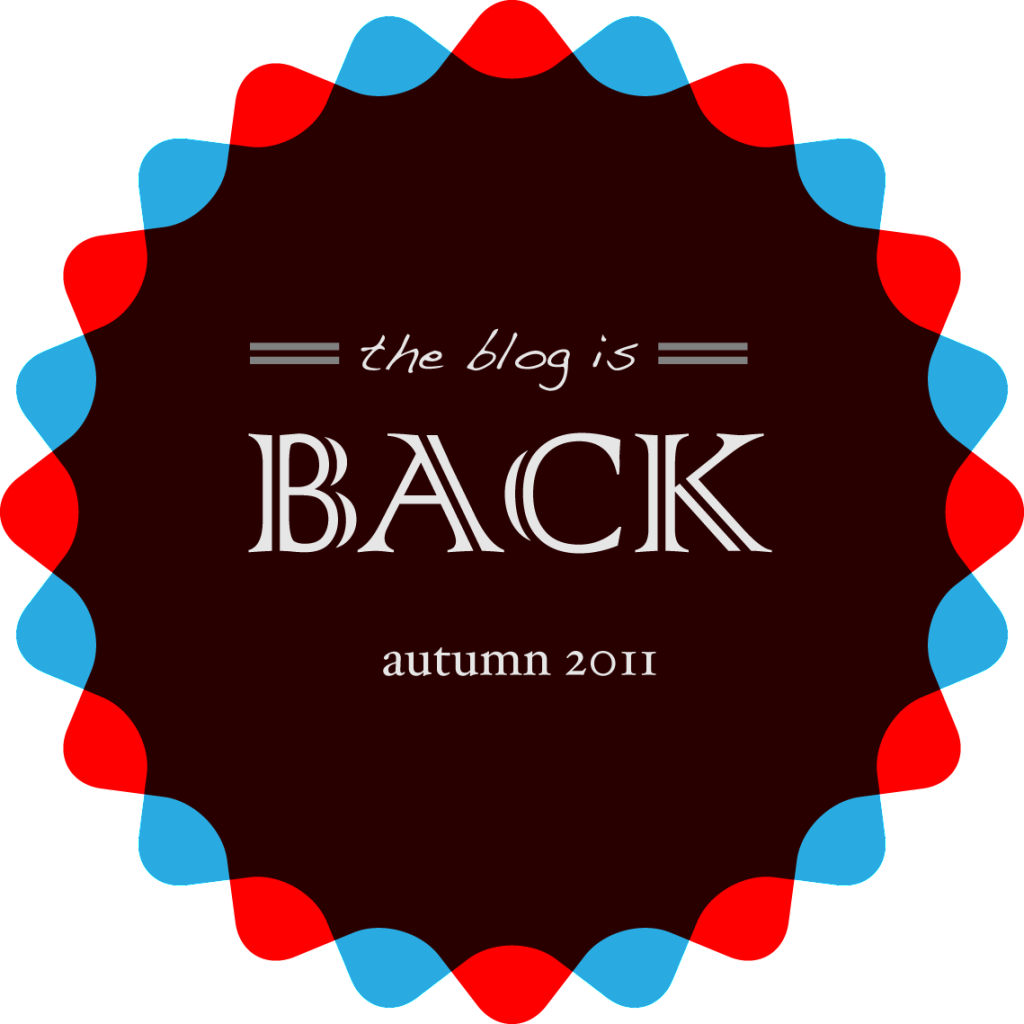Shakespearean folly
Sunday, 25 July 2010 @ 15:05
I realise it's been a long time since I posted anything on here. That's partly because I'm a rather soporific summer holiday, humid and uneventful enough to put a damper on the drive to perform even the most basic of tasks (like update the blog). Partly it's also down to my dissatisfaction with the blog - I had strongly considered changing the layout of the thing, but eventually decided I did like this after all. I may change the header though. I'm still dissatisfied by the lack of a comment facility though - something I think I need if I'm ever to get anyone to engage with the blog in a meaningful way (as I hope it will work from September). I also really need to add an RSS feed, but I think this is quite doable. Partly too I just don't have a great deal to say, having had little of interest happen.Today I want to talk about Shakespeare, and specifically, Bardolatry and Shakespearean actors. I watched a Channel 4 documentary called To Be or Not to Be...In Shakespeare which was an interesting look at how actors (many of them very accomplished indeed, people like Ian McKellen and Patrick Stewart) thought about playing Shakespeare's characters. Two things struck me. A) Although I'm always happy to admit that Shakespeare is a profoundly important dramatist, I really take objection to the way the actors talk about him as such a phenomenal, one-off, dramatist. The way they spoke about him really calls into question their exposure to wider Early Modern drama, and I have to be honest, when someone who performed in like one tour of Love's Labour's Lost begins banging on about how no-one can touch Shakespeare, you do feel like sitting them down in front of Marlowe's Edward II and not letting them leave until they have read it. Yes let's venerate Shakespeare, but not at the price of being blinkered to all the other staggering achievements of that literary period.
Secondly it reminded me of an interesting set of lectures that took place in a few years ago at UCL that I went to see. As part of the (quite interesting I think) drive for a multi-perspectival approach, two Shakespearean actor alumni had been invited to talk about the challenge of playing Shakespeare. I'm all up for this type of thing, and I do think that academics have to be careful not to assume their brand of Shakespeare has greater veracity than the quite different experience of performing it on stage. However, one of the actors made something of a faux-pas in front of the collected students / faculty by getting a bit too enraptured in a particularly airy speech on how Shakespeare's rhythms were so natural and human that you almost didn't need anything else.* And then she said something quite revealing; 'The words don't really matter'. There was understandably vocal disagreement from the lecture theatre - after all, the people in front of her dedicated their time to precisely what she had just labeled as superfluous. I think in that instant it became quite clear that there had been for this woman at least, and possibly for a very many actors, a disjunction between the laudatory tones they invoked Shakespeare with, and the actual reason for that celebration of his work. If you don't care about the words...well it's just pantomime isn't it - dress up with some interesting cadences shouted to the rafters. And to be honest, there are far too many performances in which actors rely on dynamic speech patterns as a novelty to kind of 'make it new', and allow the text to break out from people's conceptions of what Shakespeare is. I'm all for it, helping break down the image of fusty Renaissance verse is a fantastic aim. But the words themselves are enough - it's the words which have the exciting, alienating power that is too often forgotten about. We shouldn't be trying to think of ways to make the words exciting. If they don't come out as cabled, savoury verse, then you're doing it wrong.
Also exciting is that my breakdown of marks comes out in the coming week. This is exciting for no-one but me, but I am excited enough to let said excitement bubble over into the internet. I'm just interested to see how they all went really - for example - how far did forgetting the name to that play hurt in Romantics? Did anyone buy the dating of a clearly Romantic text as Sidnean in the Commentary exam? We wait and see.
*P.S. - I'm sick to death with actors talking about iambic pentameter with extremely dubious authority, saying 'it is of course, the beat of the human heart', as if to make some kind of comment on Shakespeare's supposed grand, universal appeal. Well yes, it may be. But the majority of the world doesnt versify in that way, and much of Shakespeare's work is in prose. So please stop trying to mythologise him.
Labels: Shakespeare
Sir James George FrazerThe Golden Bough
April 2010 / May 2010 / June 2010 / July 2010 / August 2010 / September 2010 / February 2011 / April 2011 / August 2011 / September 2011 /
Rev Road / It's too darn hot... / From Russia, with love / Edin-burrr. / おくりびと / HEY / A long time coming / Don't get excited. / Laurels / ואלס עם באשיר /
Rev Road / It's too darn hot... / From Russia, with love / Edin-burrr. / おくりびと / HEY / A long time coming / Don't get excited. / Laurels / ואלס עם באשיר /
The title of this blog comes from a poem by Coleridge, A Wish: Wriiten in Jesus Wood, Feb. 10th, 1792, Plus most blogs are moans anyway. Including this one.
lol manuscripts
picture.

I'm a 23 year-old student in London Cambridge London, studying English Literature Law. It's hard to really think of anything truly personal
I can put here that might give you some idea of who I am, so I will just tell you that my favourite Shakespeare play is Richard II, my favourite chocolate bar is Snickers, and I have a bit of a thing for instant coffee, especially if someone else makes it for me.
I'm interested in Renaissance Literature, Higher Education policy, and libraries.
I'm completely in love with a Scottish girl.

